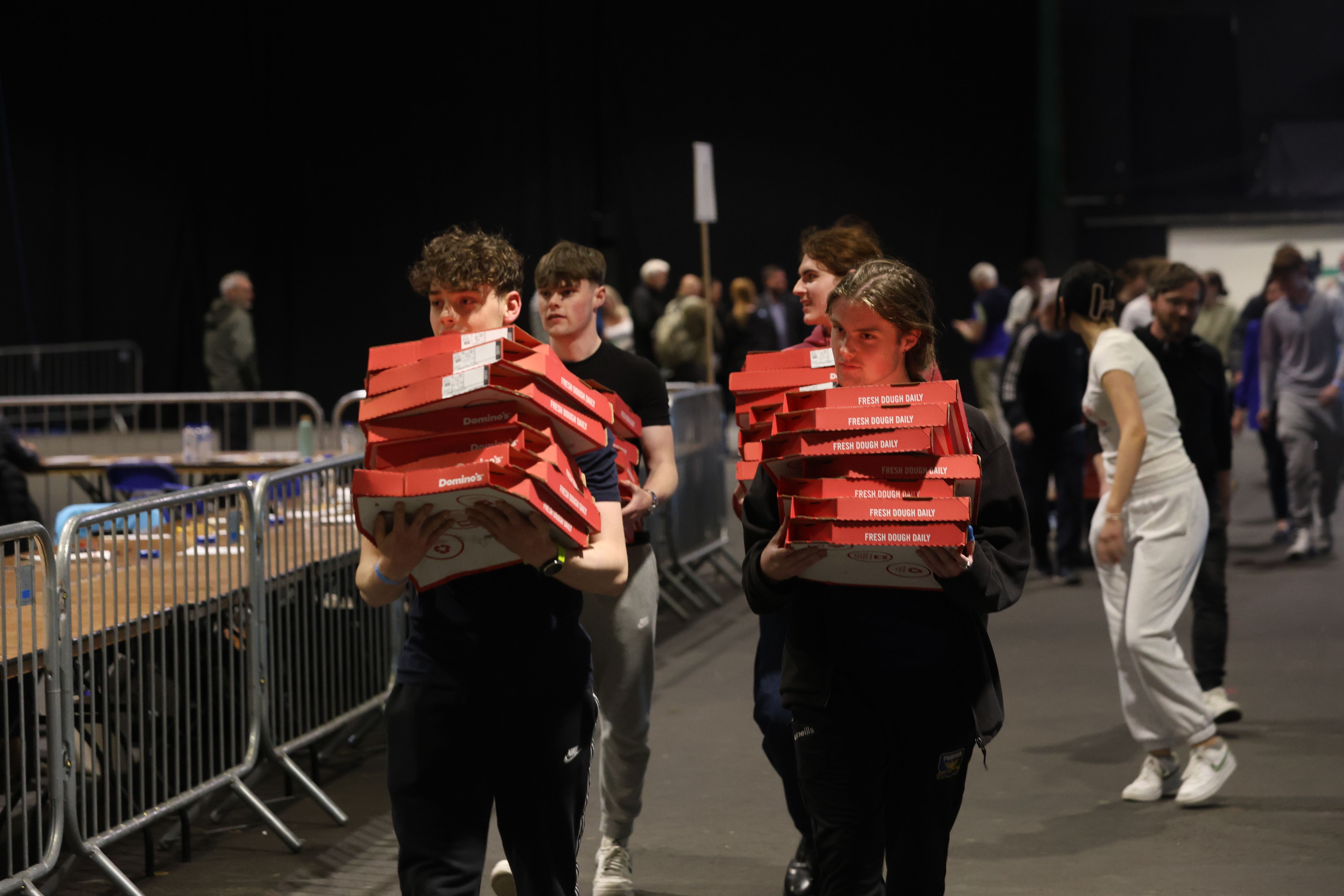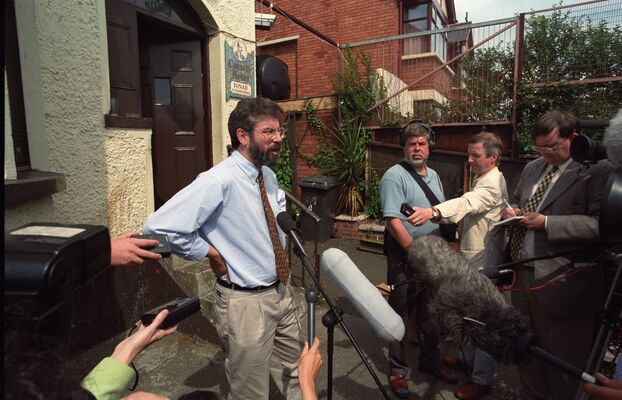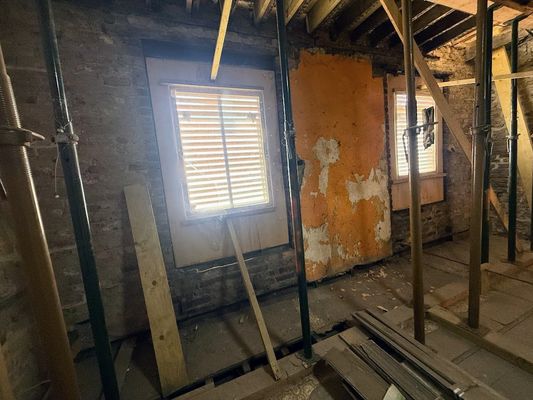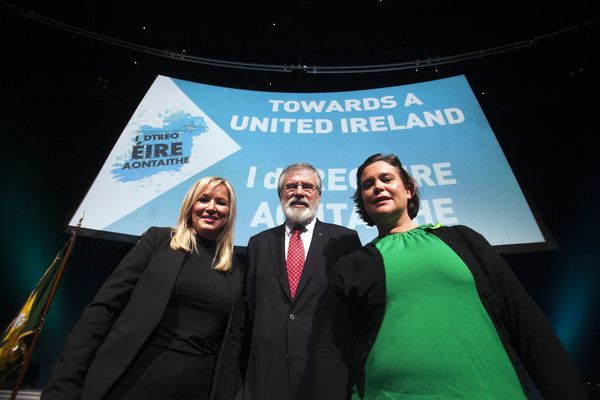AS this column goes to print the results of the local government and European Union elections in the South are almost completed. A deeper analysis must wait until the end of all the counting but here are my initial thoughts, particularly about Sinn Féin’s performance.
First of all the result is disappointing. Especially for candidates who lost seats or didn’t win seats. My thanks and best wishes to them and their families and to everyone who worked for Sinn Féin. Míle buíochas.
Electoral politics can be a hard and punishing activity. I touched on this in a tongue in cheek way in my Candidatitis article last week. Let me console those who are suffering post election blues. This too will pass.
Gutted for my good friend Chris who has been an exemplary MEP for the people of Midlands-North-West.
— Michelle Gildernew (@gildernewm) June 13, 2024
I have no doubt he’ll continue to provide the strong republican leadership the MacManus’ have always demonstrated.
Proud to have campaigned with you. You’ll be back. https://t.co/ssZVBydu3x
I’ve never been a great believer in opinion polls. They capture a particular moment but are no real basis for any more serious consideration than that. But unfortunately they did create a media and a public expectation that Sinn Féin was going to do much better than we did. Sometimes perception is everything. It is also difficult to combat. The failure of the party to do that has been seized upon by our opponents as a sign that Sinn Féin is now a busted flush. Nothing is farther from the truth. But only if we learn the lessons.
A slightly deeper analysis of the result shows that Sinn Féin has increased its percentage share of the vote in the local government elections from 9.5% in 2019 to 11.7% this year. With a70 seats still to be accounted for as I write, Sinn Féin has increased from 81 to 93 local government seats. A modest gain, but a gain nonetheless. It’s unclear at the time of writing exactly how the EU seats will work out but here again a raised expectation may see more negative fallout.
All of this is grist to the mill of our opponents. But we do not begrudge them that. One of our political achievements is to expose the sameness of these parties interests and policies. We now have to create an alternative. So we have to play our own game regardless of what the naysayers claim. Unlike the southern parties, Sinn Féin is currently fighting the British general election in the North. So we have to bend our will to that before gathering ourselves for what comes after. One thing is for certain: we have plenty of work to do in a changing and volatile political climate with significant electoral challenges.
Sanctions now
On June 12, Israel’s genocidal war on the Palestinian people of the Gaza Strip and the West Bank will have lasted for 250 days.
In that time over 36,000 Palestinian children, women and men have been killed and many tens of thousands wounded, some crippled for life with lost limbs and a psychological trauma that will never go away.
Last Saturday the Israeli government was responsible for another massacre. It killed around 300 civilians, many of them children, in an attack on a United Nations school in the Nuseirat refugee camp. A few days earlier the United Nations Secretary-General Antonio Guterres announced that Israel has been added to the list of states and armed groups in the world who are guilty of human rights violations against children. Hamas is also named. The UN decision to blacklist the Benjamin Netanyahu government is a significant diplomatic blow but the reality is that that Israel, with its western backers, doesn’t care.
Its envoy to the United Nations, Gilad Erdan, demonstrated the extent of its arrogance when in response to Guterres’s decision he said: “I am utterly shocked and disgusted by this shameful decision of the secretary-general... Israel’s army is the most moral army in the world.”
ANGER: Israel's UN representative Gilad Erdan was furious at the decision to blacklist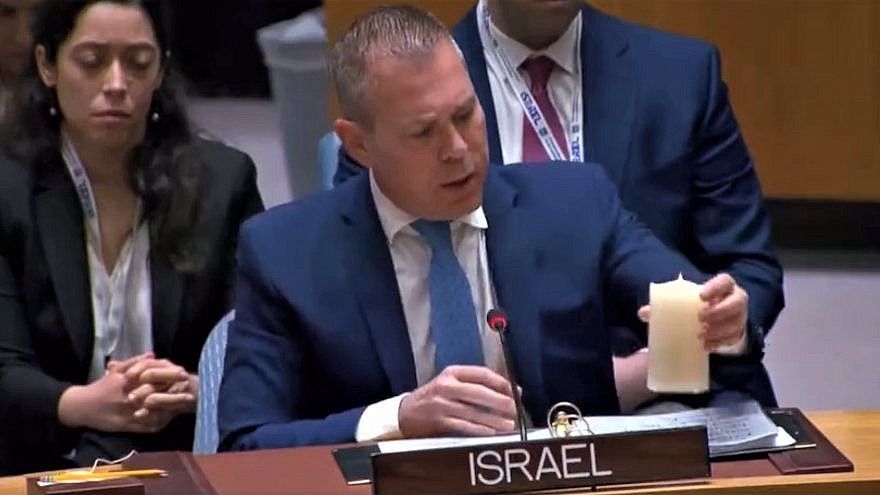
This is the ‘moral army’ whose mass murder of children and civilians is daily evident in the images of shattered bodies to be seen on social media.
The protests against Israel’s genocidal war and the mounting international solidarity with the Palestinian people is having an effect on some governments. But a step change is needed if a permanent ceasefire is to be secured along with sufficient aid to meet the needs of the people of Gaza, the withdrawal of Israeli forces and meaningful negotiations aim at achieving a real peace. That also requires the release of all hostages, including the thousands of Palestinians interned by Israel before October 7 and since.
The Irish government can give leadership in this by using every diplomatic channel available to it to urgently push for comprehensive sanctions. These need to be economic, political, cultural and academic.
Dublin can also lead by example by finally enacting the Occupied Territories Bill and the Israeli Illegal Settlement Divestment Bill.
Recognising the state of Palestine was an important and historic step. The Irish government must now push beyond that for sanctions.
Ella O’Dwyer: Unbowed and unbroken
It was with great sadness that I heard last week of the death of Ella O’Dwyer. Ella was one of a brave band of IRA Volunteers who travelled to Britain in the 1980s. She and Martina Anderson were arrested in Glasgow in 1985. Ella was 26 years old and Martina Anderson was 23. In June 1986 the two, along with three male comrades - Gerry ‘Blute’ McDonnell, Peter Sherry and Pat Magee – were given life sentences at the Old Bailey in London for planning IRA attacks.
Ella and Martina served their time in Brixton Prison and Durham Prison before being transferred to Maghaberry Prison in 1994. After serving 13 years in jail, they were both released in November 1998 under the terms of the Good Friday Agreement.
Ella and Martina spent 13 months in Brixton prison in London. The two women were the only women among 600 men and during their time in that prison they demonstrated remarkable resilience and courage in the face of a brutal and inhumane prison regime.
Brixton was the prison that had held Terence MacSwiney and it was there that the Lord Mayor of Cork died on October 25, 1920, after 74 days on hunger strike. Ella and Martina were very conscious of that history and of MacSwiney’s words: “It is not those who can inflict the most but those who can endure the most who will conquer.”
ORDEAL: Ella O'Dwyer and Martina Anderson were treated abysmally in England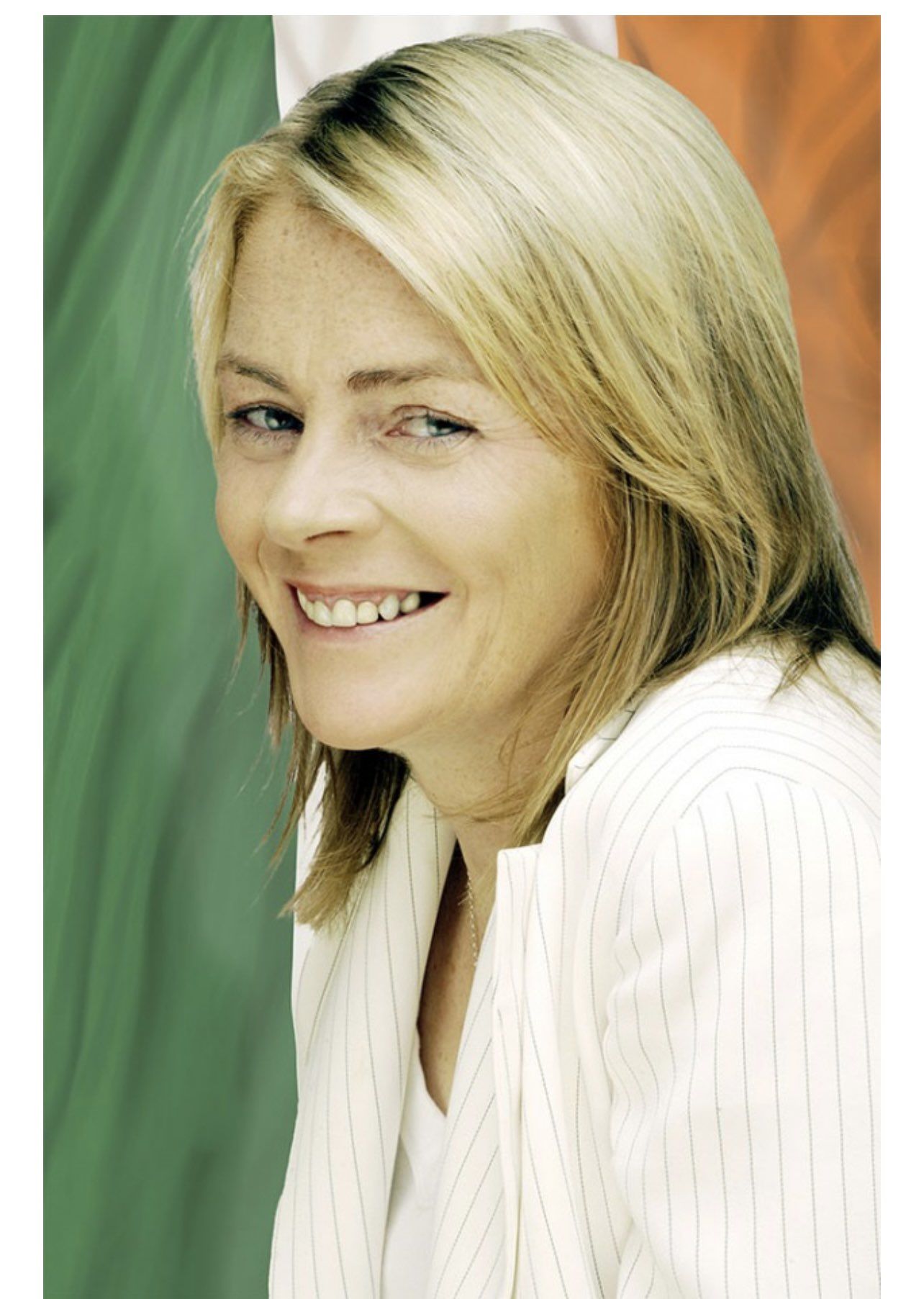
MacSwiney’s words helped sustain them during the dark days of incarceration in English prisons. The savagery of their experience In Brixton is evident in the deliberate and brutal use of strip searching against them.
Between July 1985 and September 1986 the two republican women were victims to over 400 strip searches. Often they were strip searched five times in a single day before their court case, despite being under 24-hour surveillance and being held in solitary confinement in a top security male prison. In the course of their trial they were strip searched 61 times each. This was an average of three times a day.
In an account of her experience Ella wrote: “As far as the prison regime was concerned, Martina and I were persona non grata. When an alleged spy from East Germany called Sonia arrived at Brixton she was told as much. If she kept away from us she’d be ‘all-rightish’, but if she befriended us she’d get the same treatment as we were getting – up to five strip-searches, around six body-searches a day, relentless cell-searches and usually 23 hours’ lock-up a day. Sonia befriended us nevertheless, right to the end…”
Despite the cruelty of the prison regimes in England, the two women remained resolute. They refused to be bowed or broken by the system.
Ella was an excellent writer. She wrote many letters to individuals and to the media describing the dreadful conditions and harsh realities of life in prison. Martina describes her as “the smartest republican I’ve ever met. A UCD honours graduate in English, linguistics, and philosophy. She achieved an MA from Durham University and later a PhD published as a book—'The Rising of the Moon: The Language of Power'."
When she was released from prison Ella worked for TD Seán Crowe, for Coiste na nIarchimí, a support organisation for republican ex-prisoners and their families, and also wrote for An Phoblacht.
My deepest sympathy goes out to Ella’s sister Marian and her brothers Darb (Gerry), Paddy, Bill and Philly, and her extended family circle.

